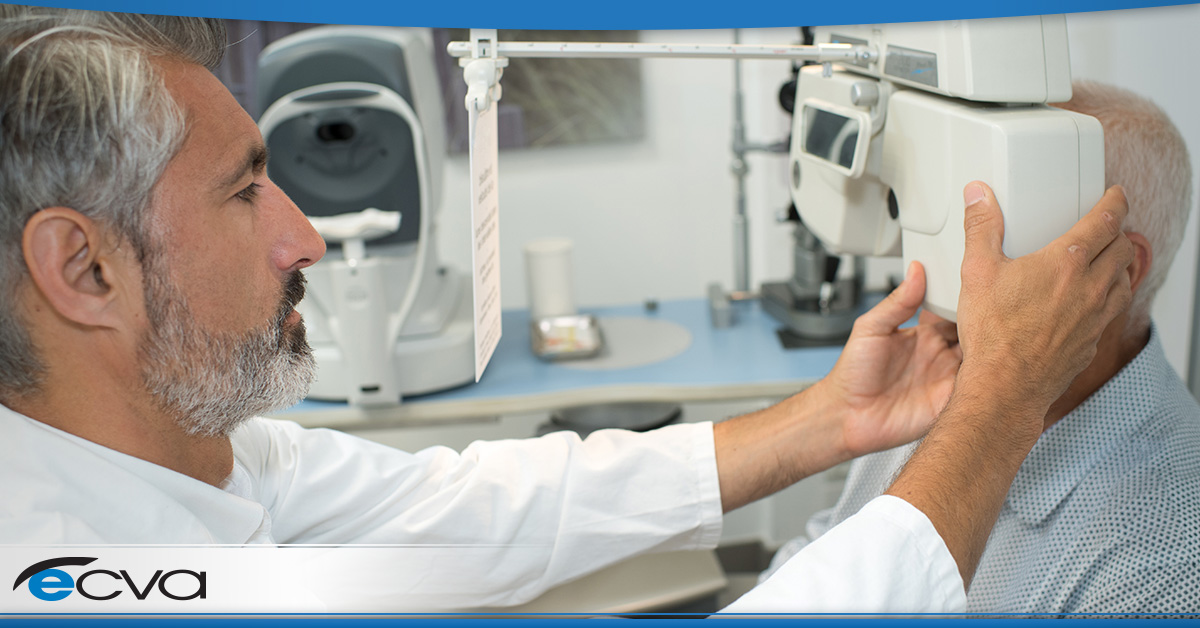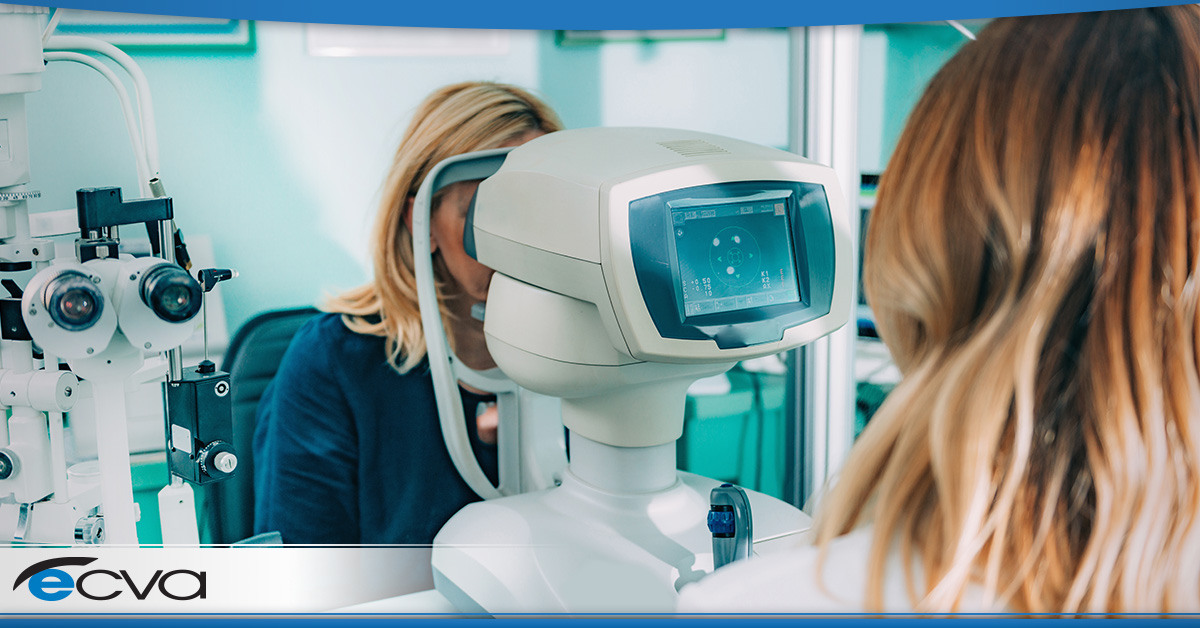When you choose an eye care provider, you are trusting the health of your eyes and quality of your vision to that professional. Many patients mistakenly assume that optometrists and ophthalmologists are the same, particularly since both are doctors that focus on the eye.
However, optometrists and ophthalmologists are actually very different. Before you entrust your vision and eye health to a doctor, here’s what you need to know about the difference between seeing an optometrist and an ophthalmologist.
What is an Optometrist?
Optometrists are eye health specialists who have earned a Doctor of Optometry (OD) degree. They have specialized education and training that allow them to perform exams that can spot vision issues and a variety of eye health problems. However, an OD is not a medical doctor (MD), so they are governed by different rules regarding medical care.
An optometrist can prescribe corrective lenses, such as glasses or contact lenses. Additionally, they are licensed to prescribe medications that can treat certain eye-related conditions or diseases.
However, precisely how much medical care an optometrist can provide is determined by state law, though it is almost never as comprehensive as you can receive from an MD. For example, optometrists are usually not licensed or trained to perform eye surgeries, though there are a few exceptions.
What is an Ophthalmologist?
Unlike an optometrist, an ophthalmologist is typically an MD. These professionals went to medical school, completed medical internships, residencies, and, possibly, fellowships, focusing their studies on the eye and surrounding areas.
Ophthalmologists are not only trained to perform vision exams, identify eye health issues, prescribe corrective lenses, and treat various eye conditions, they are also able to perform eye surgeries. Essentially, an ophthalmologist can offer complete eye care services beyond what an optometrist is allowed to provide. This can include providing surgical care for diagnoses like cataracts, glaucoma, strabismus and more. Additionally, they can prescribe medications for the treatment of more complicated conditions, such as diabetes, that is impacting vision quality or eye health.
Choosing Between an Optometrist and Ophthalmologist
While both an optometrist and an ophthalmologist can assist with vision correction and address a range of eye health concerns, ophthalmologists have additional knowledge and capabilities that allow them to offer complete eye care. By choosing an ophthalmologist, you can receive comprehensive care from a single doctor, limiting the need for referrals for treating certain eye health concerns or conditions.
Alternatively, by choosing a clinic that has optometrists and ophthalmologists on staff, you can get a similar result. You have access to all of the specialists you may need under a single roof, allowing you to see the ideal professional based on your needs at any given point in time.
If you are concerned about your vision or eye health or haven’t seen an eye care professional recently, schedule an appointment at your nearest ECVA clinic today. Our experienced ophthalmologists, optometrists, and opticians work diligently to keep our patients’ eyes in the best condition possible and to correct vision issues quickly and efficiently, ensuring their vision remains clear and their eyes stay healthy.
TALK WITH ONE OF OUR EYE CARE PROFESSIONALS TODAY!
If you have further questions or would like to schedule an appointment with one of the Ophthalmologists at Eye Care and Vision Associates please call 716.631-EYES (3937) or visit www.ecvaeyecare.com .








